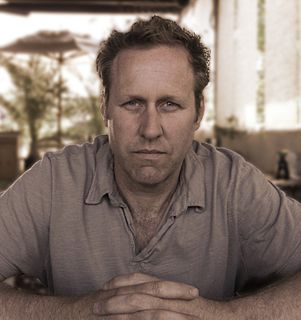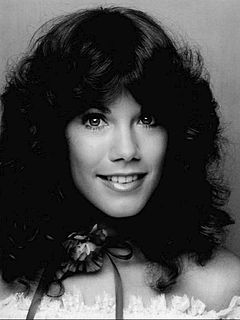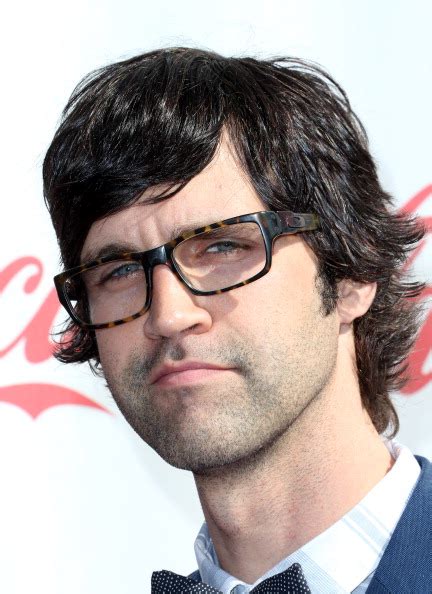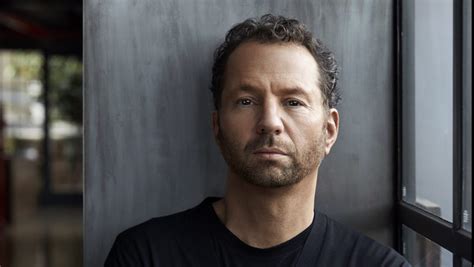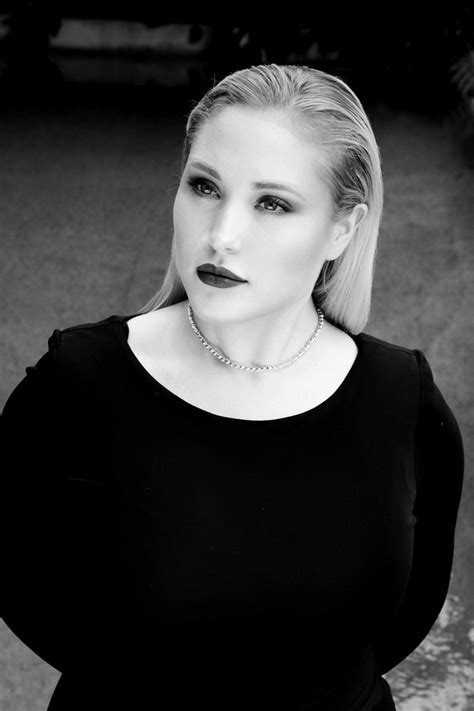A Quote by Peter York
Brands are useful ways of short-handing practically anything - look at the way Tom Wolfe first used brand name lists to sharpen up a character and a situation. Look at the most brand-referenced novel, Bret Easton Ellis's 'Glamorama.'
Related Quotes
Between the time I first started working in advertising in 1998 and now, the word brand has replaced identity. We are no longer individuals so much as we are brands. We're individual brands. Individuals are basically left to define their individuality by staying off the internet, which in and of itself can be a brand, the opting-out brand.
I suppose Virgin is an unusual brand in that I suspect we're the only 'way of life' brand in the world. We're one of maybe the top 30 best known brands in the world, yet if you look at the other 29, they all specialize in one area. Whether it's Google, Coca-Cola, Microsoft, etc., they all generally specialize in one area.





